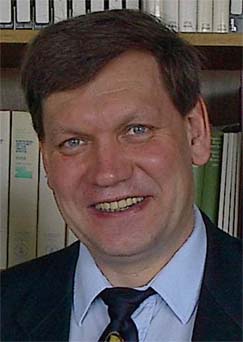Looking for Sponsors of Scientific Meeting on Aging & Longevity
Greetings,
We wonder whether you may know a person or organization willing to sponsor the GSA Interest Group workshop "Societal Implications of Delaying Aging" at the upcoming 2015 Annual meeting of the Gerontological Society of America (GSA) in Orlando, Florida, on November 19-21.
This sponsorship can bring a positive publicity to potential donor, and may allow to promote more research support for aging and longevity studies. Please advise.
More details are available upon your request.
Thank you, and looking forward to hear from you.
Kind regards,
We wonder whether you may know a person or organization willing to sponsor the GSA Interest Group workshop "Societal Implications of Delaying Aging" at the upcoming 2015 Annual meeting of the Gerontological Society of America (GSA) in Orlando, Florida, on November 19-21.
This sponsorship can bring a positive publicity to potential donor, and may allow to promote more research support for aging and longevity studies. Please advise.
More details are available upon your request.
Thank you, and looking forward to hear from you.
Kind regards,
-- Leonid and Natalia
-------------------------------------------------------------
-- Leonid Gavrilov, Ph.D., GSA Fellow
-- Natalia Gavrilova, Ph.D., GSA Fellow
Center on Aging, NORC at the University of Chicago
Website: http://longevity-science.org/


